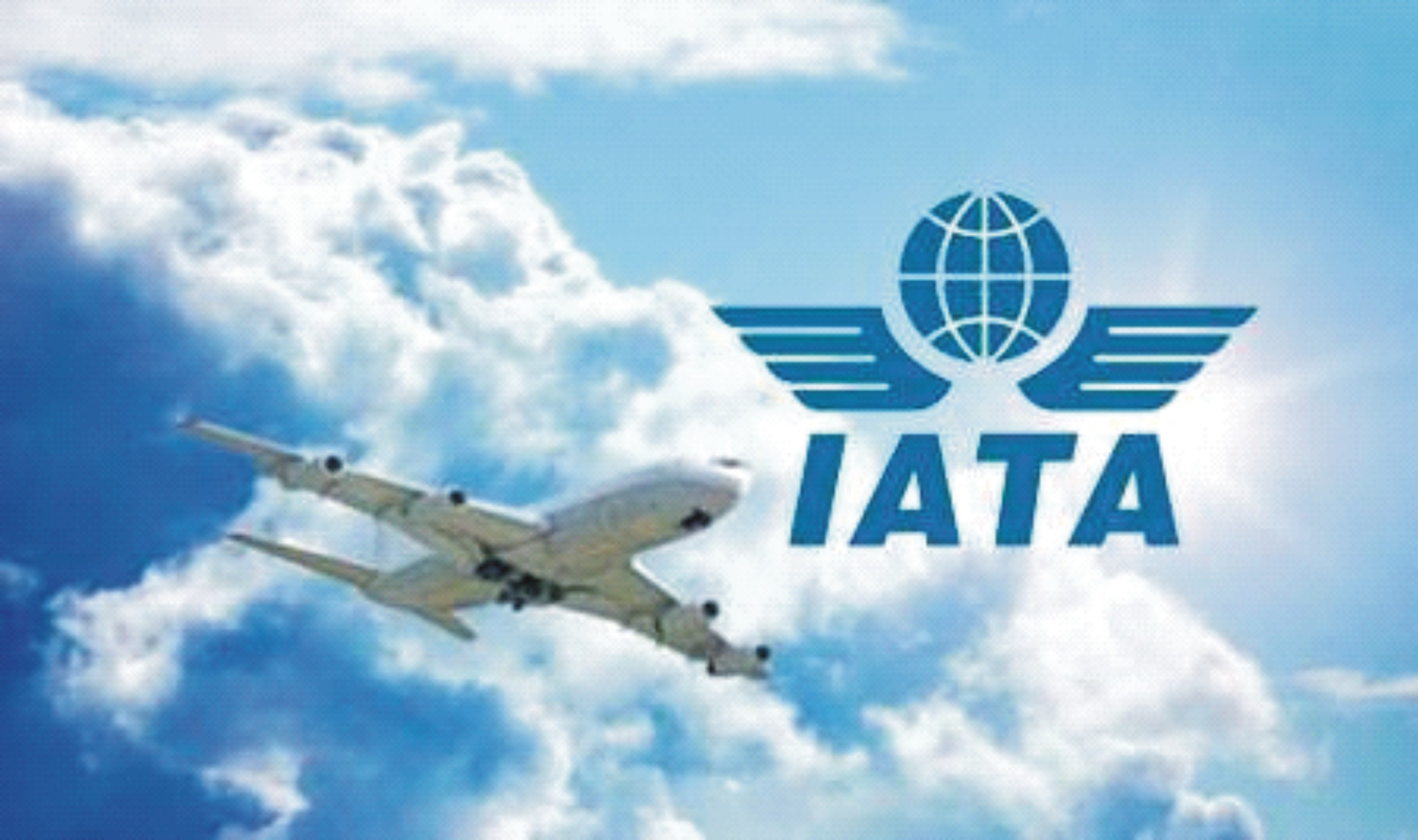By Isaac Agber
The International Air Transport Association (IATA) has released data for global air freight markets in July 2016 showing that African carriers recorded a 6.8 percent decrease in year-on-year freight demand in July this year, the largest decline in seven years. Even though the data showed that African airlines’ capacity surged by 31.3 percent on the back of long-haul expansion from a small base, it did not reflect in the global freighting activity.
In other climes, however, the data indicated robust growth in demand as measured in freight tonne kilometers (FTKs). There was an increased demand of 5.0 percent in July 2016, compared to July 2015. This was the fastest pace in almost 18 months. Freight capacity measured in available freight tonne kilometers (AFTKs) increased by 5.2 percent year-on-year, outstripping demand and keeping yields under pressure.
IATA noted that despite the subdued global trade backdrop, carriers in the world’s four biggest air cargo markets – Asia-Pacific, Europe, North America and the Middle East – reported an increase in freight demand. The strongest growth occurred in Europe and the Middle East, with July demand up by 7.2 percent and 6.7 percent respectively, compared to the same period last year.
“July was a positive month for air freight, which is an all too rare occurrence. Despite that, we must recognize that we face some strong headwinds on fundamental aspects of the business. Global trade growth is sluggish and business confidence is weak. And the political rhetoric on both sides of the Atlantic is not encouraging for further trade liberalization,” said Alexandre de Juniac, IATA’s Director General and CEO.
ALSO SEE: IATA urges AfDB to fund airlines
On Regional Performance
Asia-Pacific airlines reported a 4.9 percent increase in demand for air cargo in July compared to last year. In particular, growth has been driven by strong increases in the large ‘within Asia’ market in recent months, but the latest business surveys from the region paint a mixed picture. Capacity in the region expanded 2.7 percent.
North American carriers saw freight volumes expand 4.1 percent in July 2016 compared to the same period last year, and capacity increase by 3.4 per cent. International freight volumes, which grew 1.3 percent in July, continues to suffer from the strength of the US dollar which has kept the US export market under pressure.
European airlines posted the largest increase in freight demand of all regions in July, 7.2 percent year-on-year. Capacity increased 3.8 percent. The positive European performance corresponds with an increase in export orders in Germany over the last few months. Europe’s freight volumes have now surpassed the level reached during the air freight rebound following the Global Financial Crisis. The only other region to achieve this is the Middle East.
Middle Eastern carriers saw air freight demand increase by 6.7 percent in July 2016 year-on-year. Capacity increased by 11 percent. The region’s growth rate, while still strong, has eased to half the 14 percent recorded annually between 2012 and 2015. This is mainly attributable to slower freight growth between the Middle East and Asia.
Latin American airlines saw demand contract by 5.6 percent in July 2016 compared to the same period last year and capacity increase by 10.1 percent. The region continues to be blighted by weak economic and political conditions, particularly in the region’s largest economy, Brazil.

 Health5 days ago
Health5 days ago
 Entertainment7 days ago
Entertainment7 days ago
 Crime6 days ago
Crime6 days ago
 Education1 week ago
Education1 week ago
 Health1 week ago
Health1 week ago
 Comments and Issues7 days ago
Comments and Issues7 days ago
 Football7 days ago
Football7 days ago
 Latest6 days ago
Latest6 days ago








